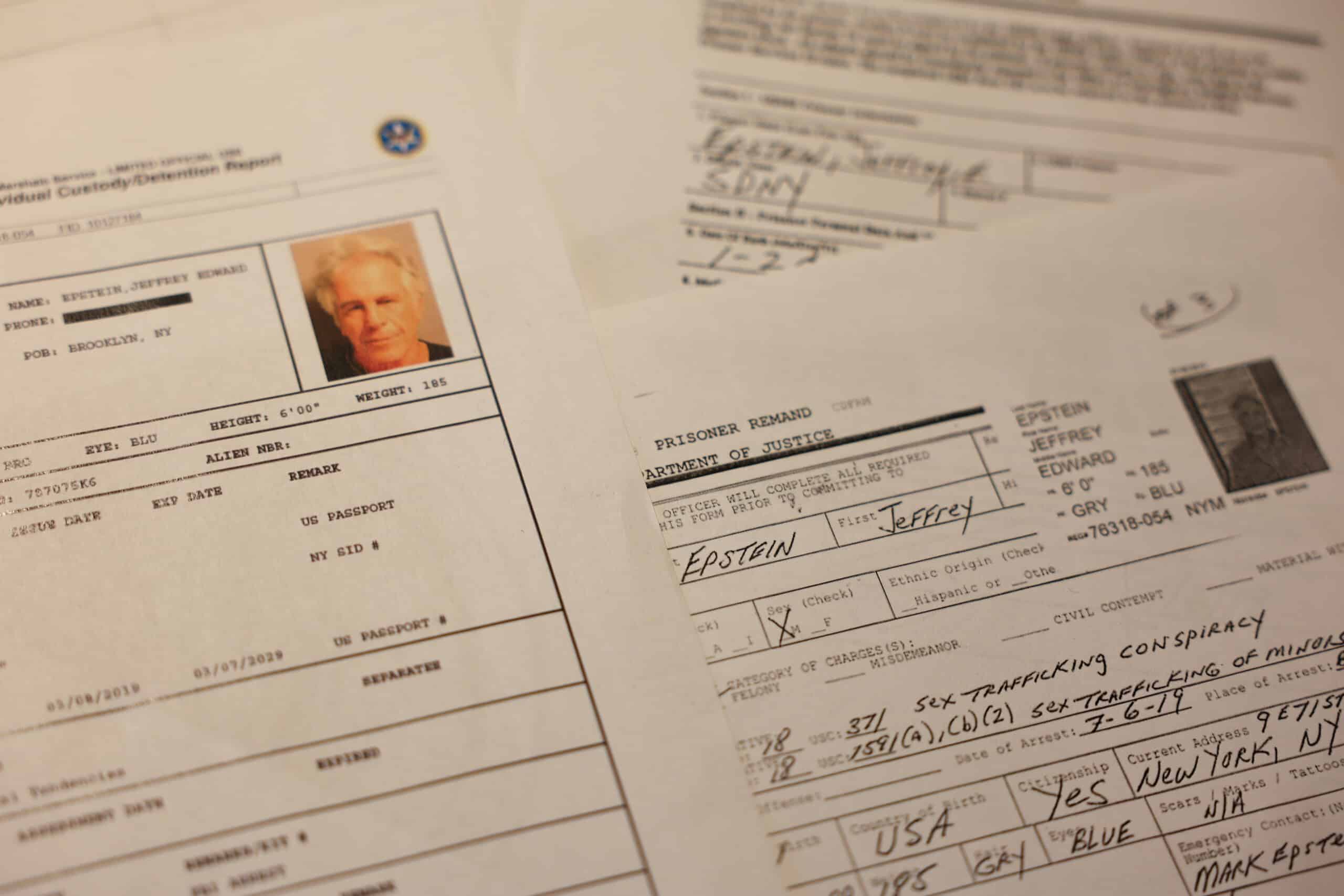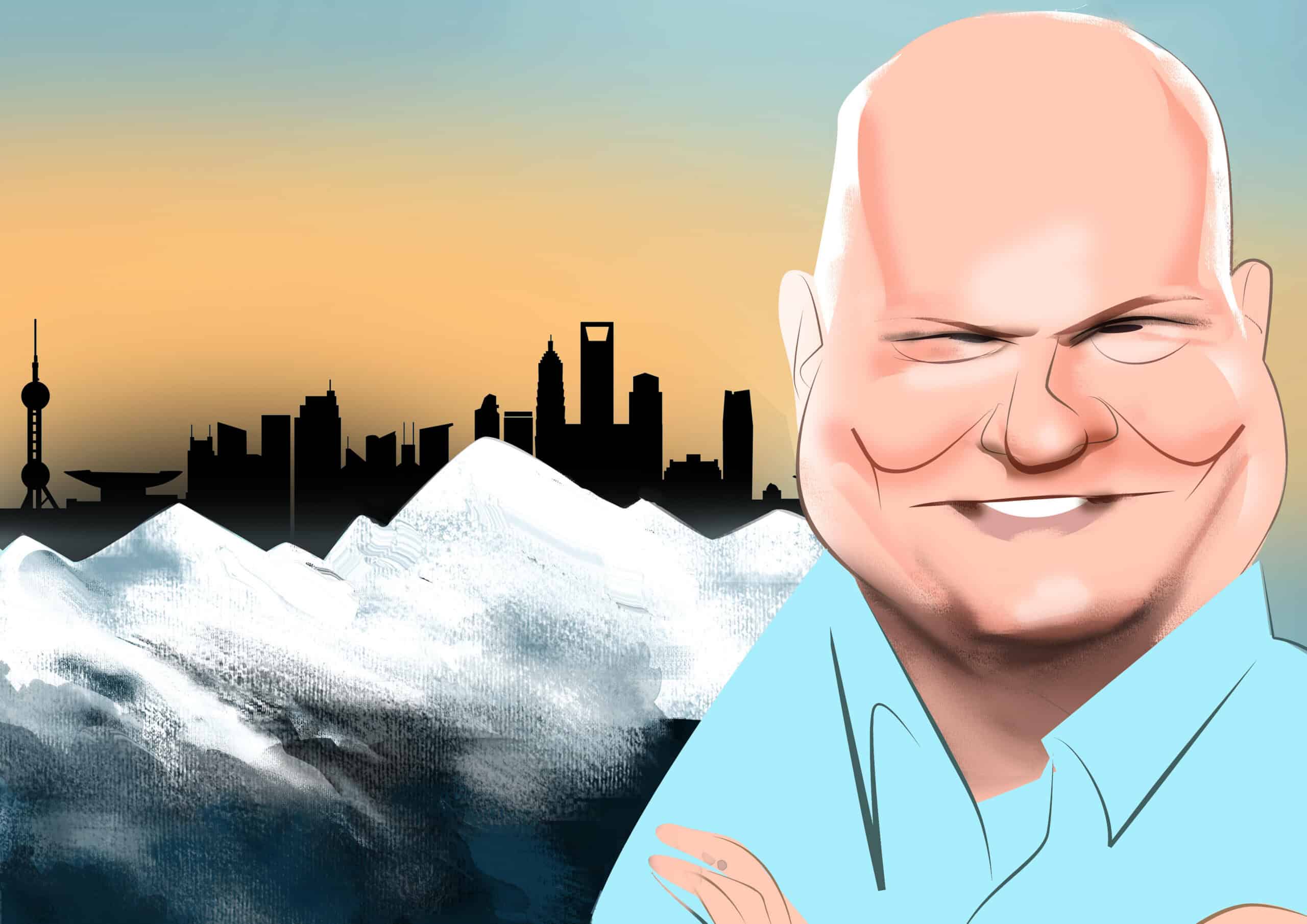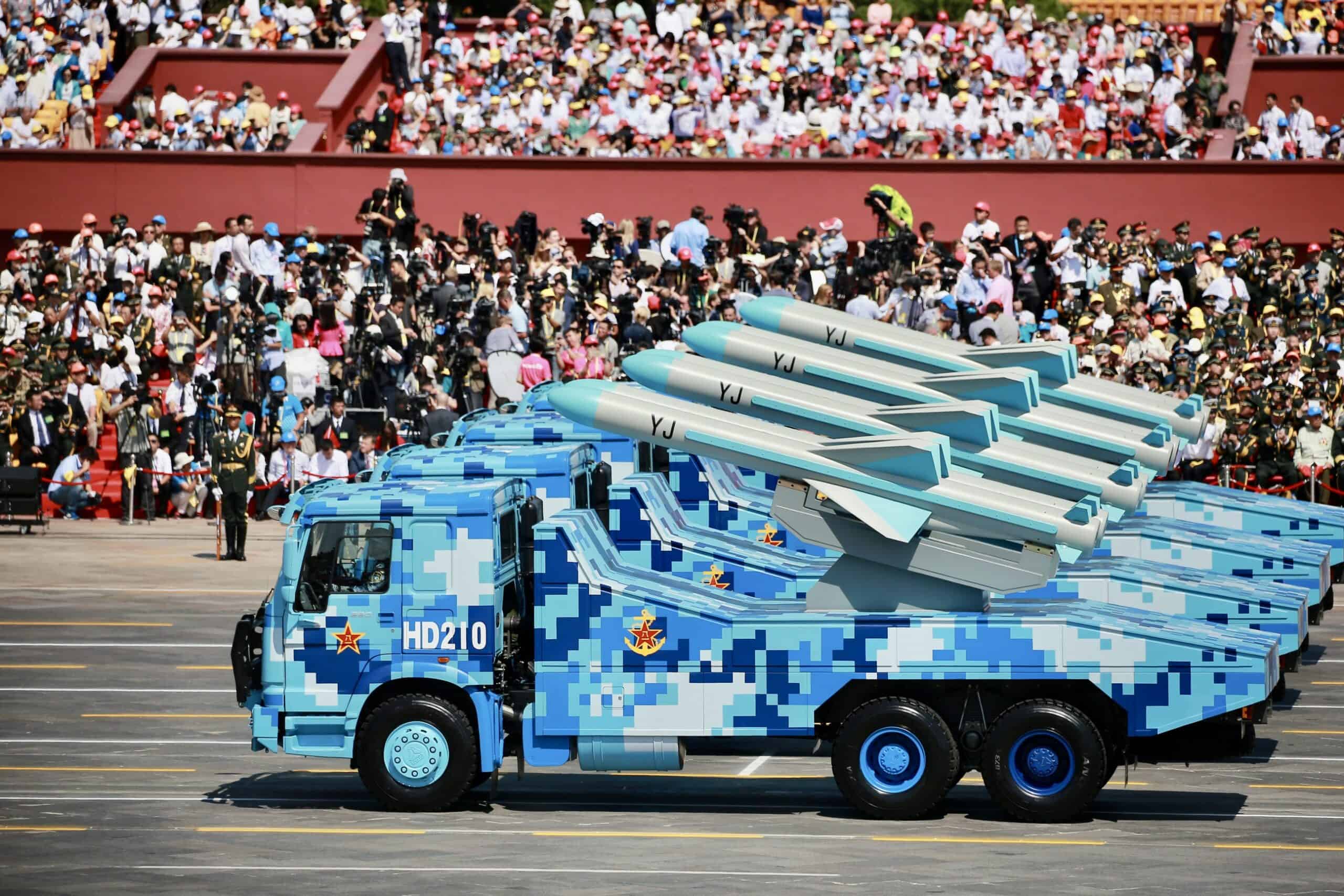David Shambaugh is an authority on China’s political system and Beijing’s international affairs. At George Washington University, he is the Gaston Sigur Professor of Asian Studies, Political Science and International Affairs, and also the founding Director of the China Policy Program in the Elliott School of International Affairs. Shambaugh, who once worked in the U.S. Department of State and the National Security Council, has been a senior fellow at the Brookings Institution and is a member
LISTEN NOW
The Wire China Podcast
Covering China like no one else.



